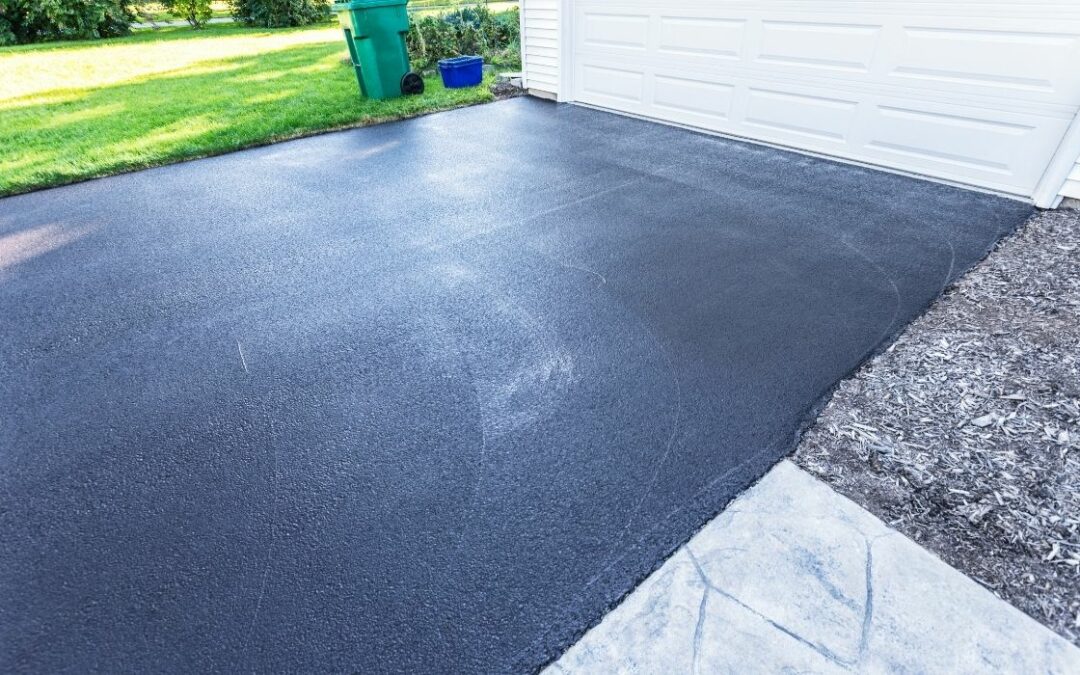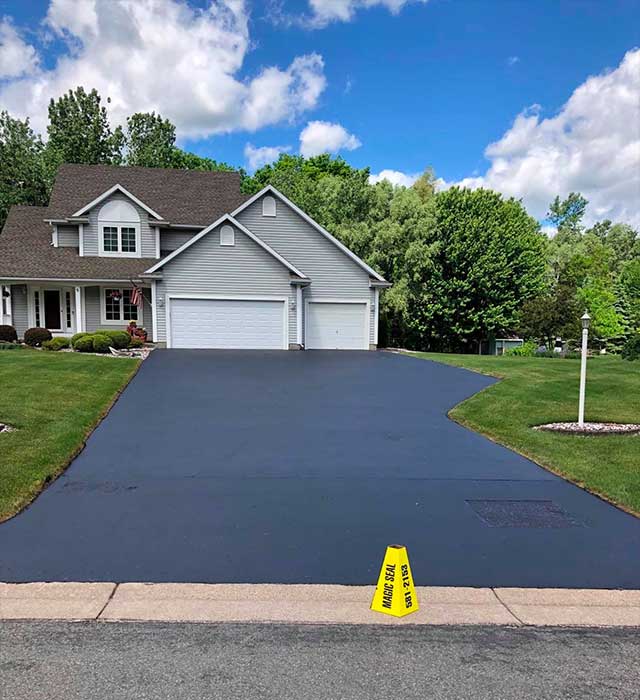Hot Mix Asphalt: A Sustainable Solution for Sidewalk
Hot Mix Asphalt (HMA) has arised as a leading sustainable choice for sidewalk options, supplying a myriad of ingenious technologies and ecological benefits. As the need for eco-friendly construction techniques grows, checking out the nuances of HMA's sustainability can provide useful insights right into the future of pavement remedies.
Environmental Advantages of Hot Mix Asphalt

In Addition, Hot Mix Asphalt assists to alleviate metropolitan heat island impacts. Its dark shade takes in sunshine, reducing the quantity of heat reflected back right into the environment compared to lighter-colored pavements. This can reduce ambient temperatures in city locations, reducing the demand for a/c and ultimately decreasing energy usage.
On top of that, Warm Mix Asphalt adds to boosted stormwater monitoring. Its permeable nature enables water to reenergize and infiltrate the pavement groundwater materials, reducing drainage and the danger of flooding. These ecological benefits make Warm Mix Asphalt a lasting selection for leading roadways and freeways.
Energy Efficiency in HMA Production
Is power efficiency a vital consider the manufacturing of Hot Mix Asphalt (HMA)? Definitely. Energy plays a considerable role in the production of HMA, impacting both cost and ecological sustainability. One essential element of power performance in HMA production is using cozy mix asphalt (WMA) technologies (hot mix asphalt). WMA permits the blending and placement of asphalt at reduced temperatures contrasted to standard warm mix asphalt, causing decreased power usage during production. This process not only decreases fuel usage but likewise reduces greenhouse gas discharges, making it a more eco-friendly option.
Furthermore, innovations in plant modern technologies have actually led to even more energy-efficient HMA manufacturing procedures. By optimizing power use in HMA production, the industry can lower its carbon impact while maintaining top notch sidewalk products.
Recyclability of Warm Mix Asphalt
The recyclability of Warm Mix Asphalt (HMA) is a crucial facet of its sustainability and long-term environmental effect. HMA is among one of the most recycled materials in the USA, with over 100 million lots of reclaimed asphalt sidewalk (RAP) being recycled yearly in brand-new sidewalk construction. Reusing HMA uses several ecological benefits, such as decreasing the requirement for virgin products, lowering power intake throughout production, and lowering the quantity of waste sent out to landfills.
The procedure of reusing HMA involves milling the existing sidewalk, squashing it into smaller items, and blending it with new aggregate and asphalt binder to develop a recycled mix. In general, the recyclability of HMA plays a significant role in promoting sustainable techniques within the website here sidewalk industry.

Long-Term Efficiency of HMA
Asphalt pavements demonstrate durability and durability over an extensive period, showing the long-term performance of Hot Mix Asphalt (HMA) Additionally, advancements in HMA innovation, such as the usage of polymer-modified binders and cozy mix asphalt, have even more improved the longevity and longevity of HMA pavements. By focusing on high quality building and upkeep practices, HMA proceeds to prove itself as a sustainable and cost-effective service for lasting sidewalk infrastructure.
.png)
HMA: Durability and Sustainability
Demonstrating both durability and sustainability, Hot Mix Asphalt (HMA) has actually become a cornerstone in the construction of resilient sidewalk frameworks - angled parking. HMA's toughness originates from its capacity to withstand heavy tons, extreme weather, and high website traffic volumes, making it a anchor reliable choice for roads, freeways, and flight terminal runways. The composition of HMA, which generally includes accumulations, binder, and filler, plays an essential duty in boosting its durability and resistance to deterioration
Moreover, HMA's sustainability hinges on its recyclability and energy-efficient production process. The capacity to recycle redeemed asphalt sidewalk (RAP) in brand-new HMA blends reduces the need for virgin products and reduces the ecological influence of pavement building and upkeep. Additionally, the energy efficiency of generating HMA depends on its reduced blending temperature levels compared to various other pavement materials, resulting in reduced energy usage and greenhouse gas emissions.
Conclusion
Finally, hot mix asphalt (HMA) provides a lasting option for sidewalk with its eco-friendly qualities. HMA's recyclability, power efficiency in manufacturing, and long-term toughness make it an environmentally friendly choice for road building. By saving natural deposits, minimizing waste, and reducing greenhouse gas emissions, HMA plays an essential function in advertising sustainability in infrastructure Discover More Here growth. Its ability to minimize metropolitan heat island effects further highlights its significance in developing resistant and eco conscious pavement systems.
HMA is one of the most recycled materials in the United States, with over 100 million bunches of redeemed asphalt sidewalk (RAP) being reused yearly in new pavement building.The process of recycling HMA entails milling the existing sidewalk, crushing it into smaller sized pieces, and blending it with brand-new aggregate and asphalt binder to develop a recycled mix.Asphalt sidewalks show durability and strength over an extended duration, mirroring the long-term performance of Warm Mix Asphalt (HMA) Additionally, developments in HMA modern technology, such as the use of polymer-modified binders and cozy mix asphalt, have actually even more improved the resilience and longevity of HMA sidewalks. The ability to recycle recovered asphalt pavement (RAP) in new HMA blends decreases the need for virgin materials and decreases the ecological impact of sidewalk building and construction and maintenance.
Comments on “Renew Your Home with Regrading and Asphalt Sealing Methods”